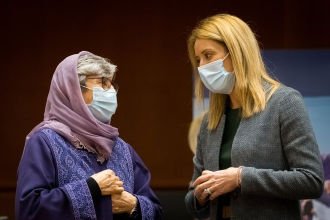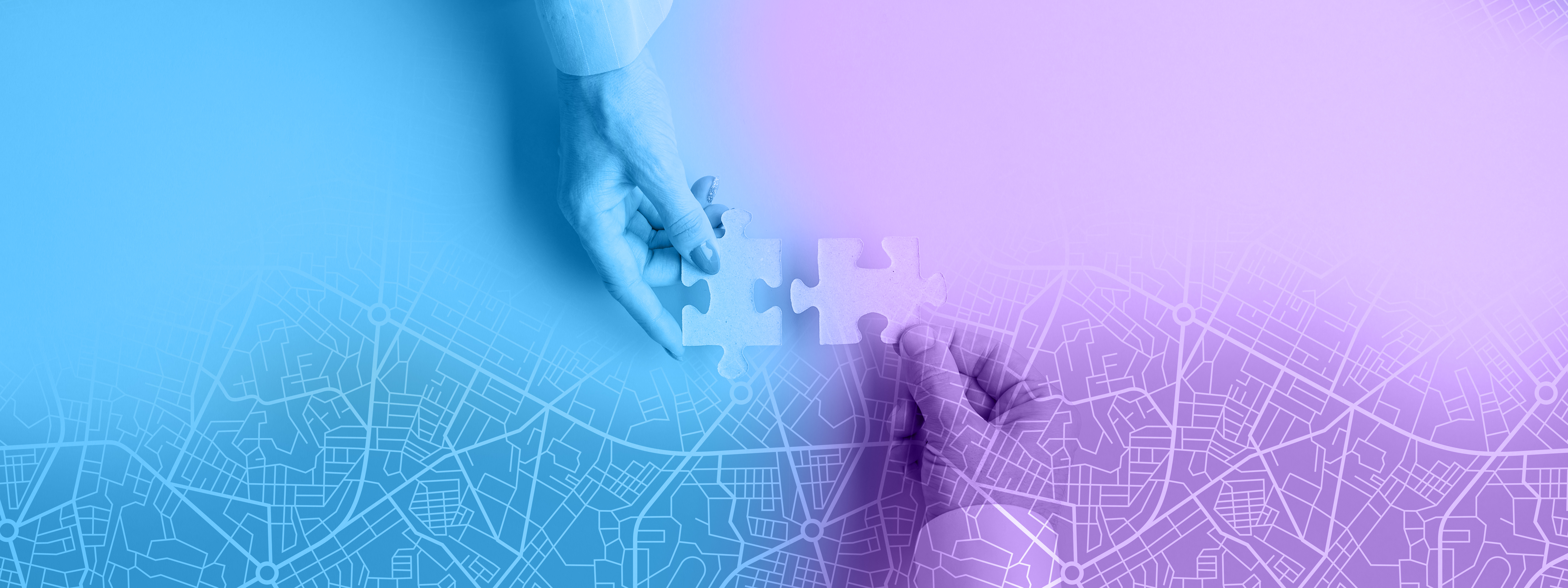Afghan women are bringing a lesson of resistance to Europe
“I am an incurable wound of this earth, I am so full of hurt, pain and suffering”, the Afghan songwriter Aryana Sayeed sings in “Lady of the Land of Fire”, expressing an Afghan woman’s common feeling. Along with other prominent women artists, journalists, activists, parliamentarians, she was one of the protagonists of the Afghan Women Days hosted by the European Parliament in Brussels on 1 and 2 February 2022.
At the occasion of high-level panels, side events and workshops, representatives of the European Union, United Nations and other international organisations had the chance to listen to the stories and messages of eleven influential Afghan women. These outstanding individuals representing the Afghan female community were the finalists of the European Parliament’s 2021 Sakharov Prize for Freedom of Thought.
After the Taliban’s return to power last August, the country has found itself in an unprecedented and globally concerning humanitarian crisis and worsened economic conditions. In this context, once again, women are experiencing severe consequences, being excluded from government, public life and education, and seeing their rights and freedoms being threatened. The Afghan guests urged the international and European community to take action and delegitimise the Taliban regime, averting its normalisation under the pretext of humanitarian crisis and the deletion of twenty years of progress in the field of women’s and girls’ rights. In fact, the event was aimed at maintaining the situation of Afghan women high on the EU and international agenda, and at honouring and supporting their voice in the attempt to build a multilevel and fruitful dialogue.
During the two-days appointment, various issues related to Afghanistan were discussed and tackled from different angles: what are the future perspectives for women in the country? How to support women parliamentarians and women activists in exile, furthermore, how to connect them among themselves and with their home country? What are the challenges of going into exile and building a new life away from the homeland? These debates fit into the longstanding commitment the European Parliament has shown towards the situation of Afghan women and defending human rights. After having called the Taliban regime to respect basic human and women’s rights, the Parliament demanded cooperation among EU member states to establish humanitarian corridors for Afghan refugees seeking protection in neighbouring countries, and a special visa programme for Afghan women seeking protection. In addition, the Women’s Rights and Gender Equality (FEMM) Committee and the delegation for relations with Afghanistan have continued to monitor the situation of women under the current regime.
Europe is committed to finding ways to best help Afghans on the ground and in exile. On one side, European countries are called to help the high number of Afghan asylum seekers and refugees living on European territory to build connections among them and with European citizens. In this sense, European local and regional authorities can play a leading role: they can offer a decisive contribution to EU and national authorities in receiving new migrants, implementing an innovative model aimed at offering not only humanitarian assistance but also a path towards integration.
On the other side, the EU must support Afghan women in the challenge of ensuring that funds invested in citizens’ activities and women’s needs in Afghanistan go into the right hands and reach the intended beneficiaries. Indeed, Afghan women still believe in their country and in the possibility of building a different future for the next generations. As President of the European Parliament, Roberta Metsola, stated: “They teach us that although there is a time for weeping, there is also a time for standing up to injustice.”
Who are the eleven Afghan Women?
For more information visit the European Parliament website


